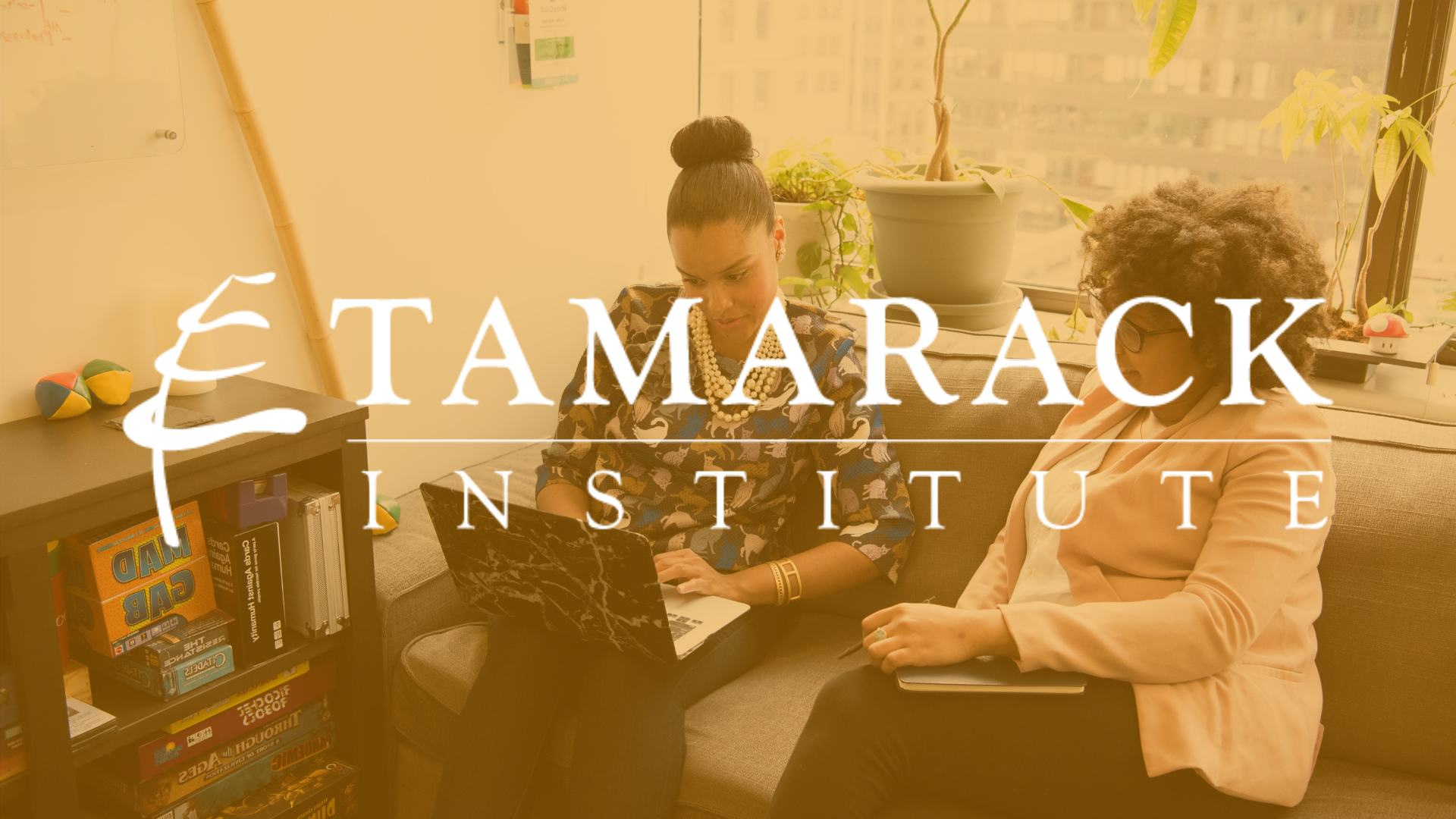About
The Tool for Assessing the Effects of Local Intersectoral Action is the result of collaboration between three partners:
Scientific Director
- Angèle Bilodeau
Full Research Professor
School of Public Health, University of Montreal
Project Managers
- Marie-Pier St-Louis
Consultant - Chantal Lefebvre
Canada Research Chair on
Community Approach and Health Inequalities (CACIS)
Collaborators
- Alain Meunier
Communagir - Yves Bellavance
Neighbourhood Round Tables Coalition - Ginette Boyer
Canada Research Chair on
Community Approach and Health Inequalities (CACIS)
Editors
- Marie-Pier St-Louis
Consultant - Gillian Kranias
Consultant
Translator
- Matthew A. Garriss
Linguistic Review
-
Gillian Kranias
Consultant -
Pamela Teitelbaum
Consulting Director, Evaluating Impact
Tamarack Institute -
Justine Israël
Consultant -
Amanda Sheedy
Consultant
Translation Committee
-
Colleen Christopherson-Cote
Coordinator
Saskatoon Poverty Reduction Partnership
Saskatoon SK -
Elaine Capes
Coordinator
DC Moves
Dufferin County, ON -
Heather Loewen, Bsc Human Ecology
Manager, Prevention and Knowledge Translation
Pronouns (She/Her)
ARCHES (Aids Outreach, Community Harm Reduction, Education, Support Society)
Lethbridge, AB -
Sara Annou
Specialist, Strategic Planning, Poverty Reduction Initiatives
Community Partnerships Division|Human Services
Peel Region, ON -
Heather Keam
Senior Manager of Cities/Team Lead
Cities Deepening Community
Vibrant Communities
Tamarack Institute
Acknowledgements
From December 2016 to March 2017, four workshops were held to discuss the development of the Tool for assessing the effects of local intersectoral action with (1) the steering committee of the Initiative montréalaise de soutien au développement social local; (2) members of the Neighbourhood Round Tables of Montreal that took part in the research underlying the Tool; (3) members of Neighbourhood Round Tables of Montreal that didn't take part; and (4) Centraide of Greater Montreal. The purpose of these meetings was to determine the needs of future users and to identify attributes and components that the Tool should have.
From June to September 2018, three community intersectoral committees also took part in developing the Tool prototype, specifically:
- Vivre Saint-Michel en Santé Neighbourhood committee;
- Young-families resource committee (CRJF) in MRC Les Moulins; and
- Action-Gardien, the community committee in Pointe-Saint-Charles.
Translation of the Tool was made possible through collaboration with Tamarack Institute.
Conception of the Tool received financial support from the Fonds des services aux collectivités, Ministère de l’Éducation, de l’Enseignement supérieur et de la Recherche du Québec (project 2015-010). Translation of the Tool received financial support from the SSHRC Connection Grant (611-2019-1023)
When citing the Tool: Canada Research Chair in Community Approaches and Health Inequalities (2019). Tool for Assessing the Effects of Local Intersectoral Action. Montréal: Canada Research Chair in Community Approaches and Health Inequalities.
Online: www.chairecacis-outilinteractif.org/en.







